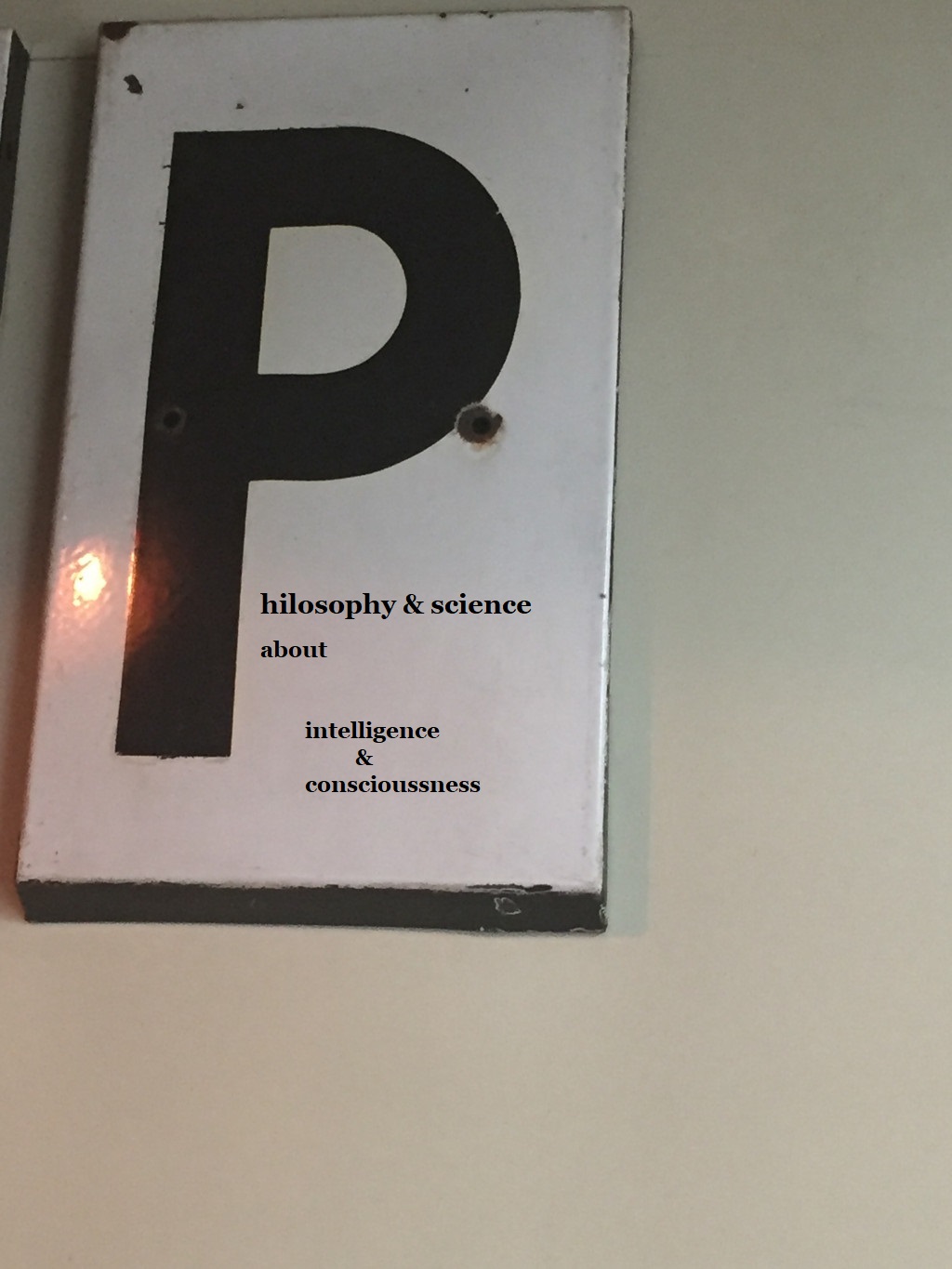Colloqium #12
July 2019


Description
In nearly all of the past colloquia about Artificial Intelligence, someone in the audience asked the question, what intelligence generally is. This is in fact a very basic question – if we don´t know what intelligence is, we cannot attribute it to a specific subject, may it be a human being, an adult, a child, an animal or a machine.
The talk looks at intelligence from the perspective of philosophy of language and philosophy of mind. From a semantic view we see that there is not only no clear definition of Intelligence, but also conceptual implications which may cause problems. We tend to think that intelligent beings have certain abilities or properties like extensive knowledge or a very quick way to understand things. But if we assume knowledge and understanding, we also
have to assume consciousness. That is not only a very demanding presupposition but also
opens the door to questions of philosophy of mind: what is thinking, what is understanding
and especially, what is consciousness.
To avoid questions of philosophy of mind when attributing intelligence, the talk suggests a minimalist concept of intelligence. Leading questions and topics
• What is Intelligence? A question that needs specification:
• What is Intelligence in Psychology, (child development, capability tests, IQ tests)
• A note on science
• What is Intelligence in Philosophy?
o Recap on environmental encoding,
o human machine comparison,
o the virtues of rationality and the virtues of partially automatized capabilities (the outcome of learning and training)
o difference learning and training
Introduction by Auris Lipinski
Speakers

Katja Stepec: Dr. Katja Stepec, I am an independent researcher, mainly in the field of philosophy of language. I studied philosophy and history at FernUniversität Hagen, Germany. In 2019 my PhD “Sprachgrenzen. Eine philosophische Erklärung der sprachlichen Übersetzung” was published. Supervisors: Prof. Dr. Keutner (Source: https://fernuniversitaet.academia.edu/KatjaStepec)